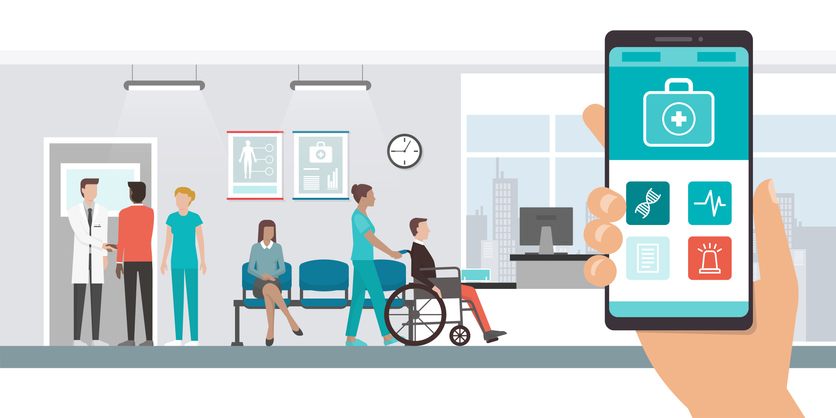A wearable device that could transform how physicians diagnose the underlying causes of GI disorders is one of three innovative early stage life science companies Peter Thiel’s Breakout Labs is backing. The program from the Thiel Foundation provides up to $350,000 for companies to reach certain milestones critical to their development, according to a company statement.
Cortexyme has identified a link between a pathogen and human brain degeneration. Its founder Dr. Stephen Dominy, is division director at San Francisco General Hospital and an associate clinical professor at University of California, San Francisco. It’s developing therapeutics for Alzheimer’s and other age-related conditions. It’s using the funding to produce a diagnostic and treatment-monitoring approach for the general population, test the potential of patent-pending therapeutics. and develop novel small molecule candidates. The San Francisco company is led by CEO Casey Lynch.

With the Rise of AI, What IP Disputes in Healthcare Are Likely to Emerge?
Munck Wilson Mandala Partner Greg Howison shared his perspective on some of the legal ramifications around AI, IP, connected devices and the data they generate, in response to emailed questions.
G-Tech Medical is developing a wireless, wearable patch that works like an “EKG for the gut.” The thin, disposable electrode patch would measure the electrical activity from the stomach, small intestine and colon. Physicians would use the information they get from the patches to help diagnose GI tract disorders and assess effective treatments. Uday Devanaboyina founded the company and is led by CEO Steve Axelrod. G-Tech Medical is a company-in-residence at the Fogarty Institute for Innovation. It could offer a cost-effective alternative to repeat endoscopies and other invasive examinations. Gastrointestinal problems affect an estimated 60 million to 70 million people in the U.S. each year.
EpiBone The company’s technology combines orthopedics and stem cells for a personalized treatment for bones. It takes stem cells from each patient to grow bones to treat craniofacial defects due to cancer, trauma, or developmental disorders. It uses computed tomography scans and fat-derived stem cells to engineer a patient’s living bone with a precise anatomical fit to the defect being treated, according to the statement. Its technology is based on 15 years of NIH funded research on bone tissue engineering and developed by Columbia University professor Gordana Vunjak-Novakovic, the Mikati Foundation Professor of bioengineering and medical sciences. The company is housed in the Harlem Biospace in New York and its CEO is Nina Tandon, a former post-doctoral fellow in the Vunjak-Novakovic laboratory and senior TED fellow. The company has also received funding from the BioAccelerate program from NYC Tech Connect, an initiative of the Partnership Fund for New York City.
Breakout Labs provides support with introductions to potential follow-on funders and tips on refining companies’ business plans and presentations. It also hosts an annual demo day with potential investors, and resources to make it easier to build a company. The companies that succeed return a capped royalty stream and a small percentage of equity.












